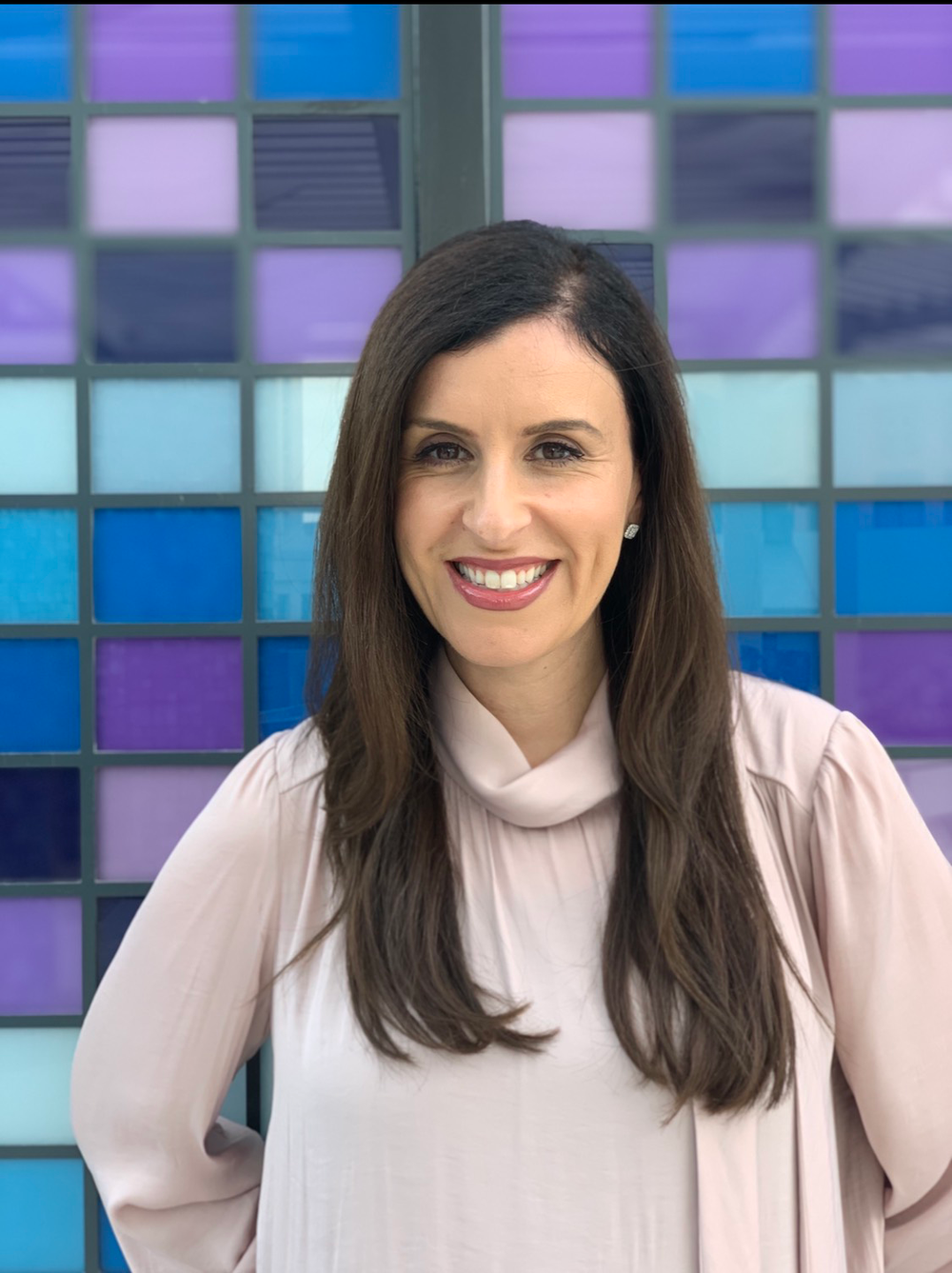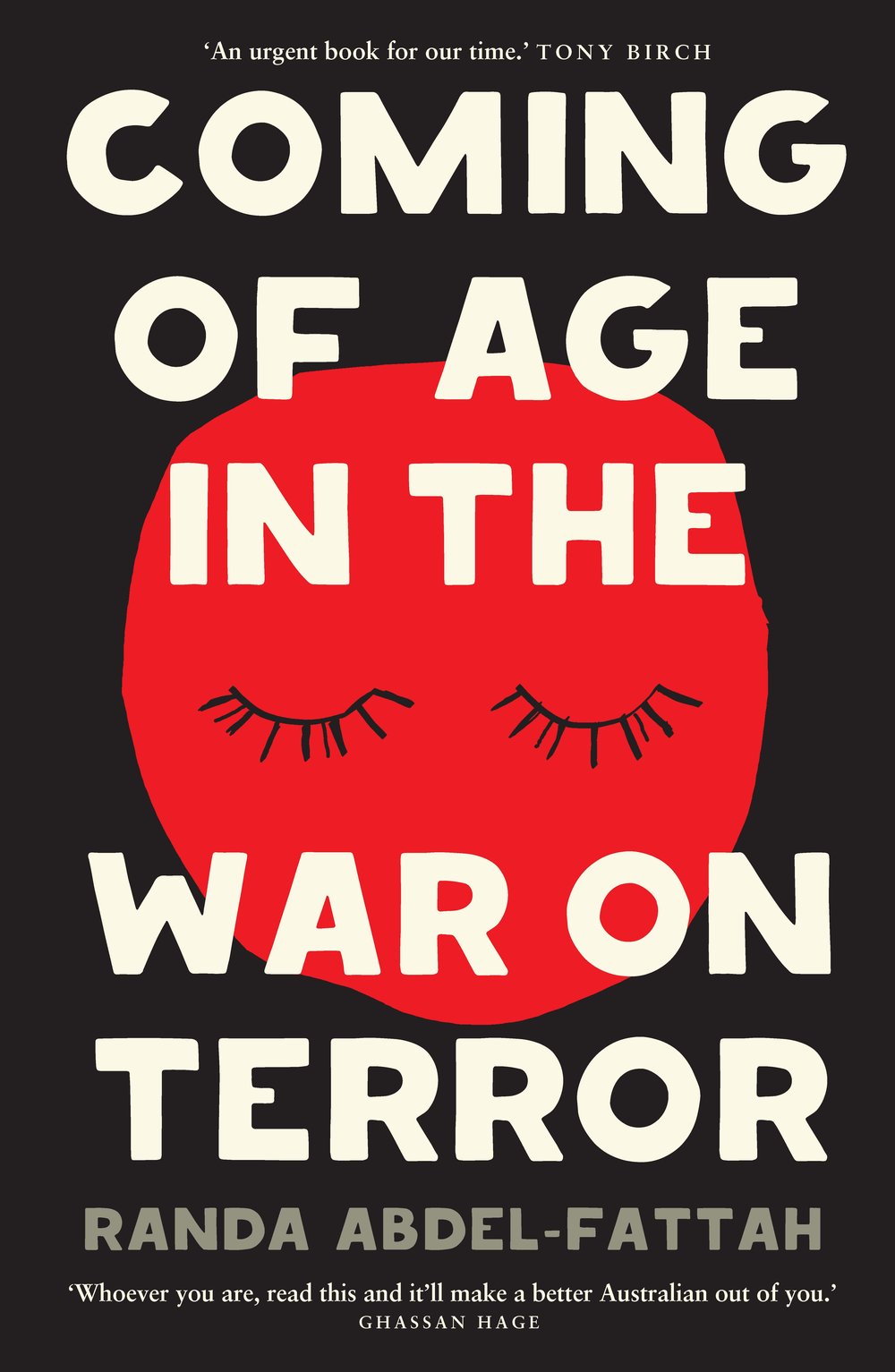Nobody can deny that 9/11 was a watershed, but it’s too easy to speak in verities about what it meant and means, particularly to the generation born after it. Coming of Age in the War on Terror is based on face-to-face, in-depth interviews and writing workshops I conducted with Muslim and non-Muslim high school and university students in Sydney, Australia. I was interested in understanding how young people born around 2001 have experienced a world they’ve only ever known to be ‘at war on terror’. For this generation there was never, as one 16-year-old non-Muslim boy I interviewed put it, ‘a “pre” and “post” 9/11’ difference’. For a 16-year-old Muslim boy, ‘the war on terror is just everywhere, I don’t know any different’.
I wanted to explore the impact of growing up in this political environment on their experiences at school – do they feel their school offers them a safe space to express themselves? Does the war on terror affect their trust relationships with their peers and teachers? Does it impact on their political consciousness, participation and expression?
Since 2005 I’ve been in schools around Australia, as a guest author delivering talks about my young adult novels or running writing workshops or individual classes in specific subjects such as History, Society and Culture, or Studies of Religion. The idea for this research project was inspired by what a year 10 student, Bilal, at a school in South Western Sydney (with an Arab-majority student body) told me during an author visit in 2015: ‘School used to be the one place I felt safe’. Bilal explained that he was worried that what he said about ‘stuff in the Middle East’ might be ‘taken the wrong way’. This was in the aftermath of the murder of New South Wales (NSW) police employee Curtis Cheng by a 15-year-old boy in October 2015, a tragedy that prompted government-led ‘countering violent extremism’ initiatives in schools.
Bilal’s words – ‘taken the wrong way’ – lingered with me. If this is how he felt, it opened up so many questions. After all, fear threads through relationships of trust (fear of your teachers’ or friends’ suspicions, for example), and through political participation (fear of expressing your opinion, fear of being seen as ‘too angry’ and so on). I was curious to understand from young people themselves what scared them; what and who made them feel safe and empowered. Most importantly, I wanted to compare the generational impact of the war on terror’s political climate on Muslim and non-Muslim youth born into a post-9/11 world.
For these young people, the war on terror was a fact of life, playing out differently depending on the intersections of religion, race, class and gender.
In my interviews with over sixty Muslim students it became fairly obvious to me that Muslim youth don’t rate being ‘groomed by ISIS’ as a concern in their lives. Yet no matter how many Muslim students spoke to me about their typically adolescent hobbies and interests, all were affected to some degree by the racializing impact of the war on terror and moral panics around their ‘radicalisation’. Abdul-Rahman, a devout 17-year old Muslim boy at an Islamic school in Western Sydney, put it this way: ‘I’m not afraid of terrorism. I’m afraid of being accused of being a terrorist’.
By contrast, almost all the non-Muslim students I met said that they were largely unaffected in any direct way by the war on terror. It had never ‘personally impacted’ them; it was ‘a background thing’. Many of them admitted that when they thought of a ‘terrorist’ the first image that ‘popped into their head’ (more than one student used this phrase) was ‘a Muslim’.
There was a common-sense, taken-for-granted quality to the ideas, thoughts and feelings relayed to me about ‘radicalization’ and terrorism by both Muslim and non-Muslim students. As evidence of the mobilization and spread of white supremacist movements increasingly emerges, it’s crucial to take stock of two decades of government policy and media discourse, as well as millions of federal and state dollars poured into counter-radicalisation schemes targeting Muslim youth. Whilst ‘national security’ has remained fixated on violent imperial policies in Muslim-majority nations on the one hand, and Muslim minority populations at home on the other, the far-right community, especially in the online frontier, has worked steadily and unimpeded to mainstream white nationalist ideologies. And many of the young people I met have noticed.
And so I set out to write a book that explores, mainly from the point of view of these young people, how race, Islamophobia, debates on race, ‘free speech’ and ‘identity politics’, countering violent extremism policies, counter-terrorism practices and media headlines drill down into young people’s everyday lives at school and in the community as they come of age.
Randa Abdel-Fattah's book Coming of Age in the War on Terror will be published by NewSouth in February 2021.

